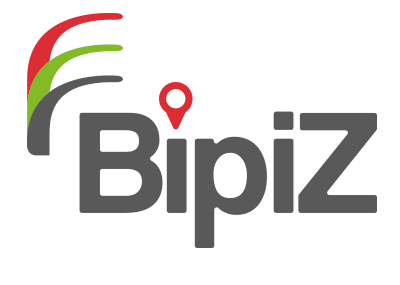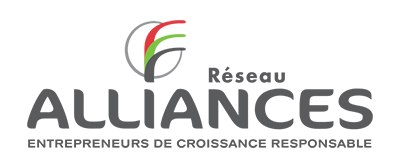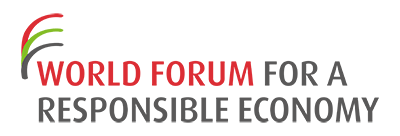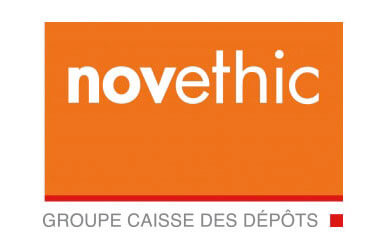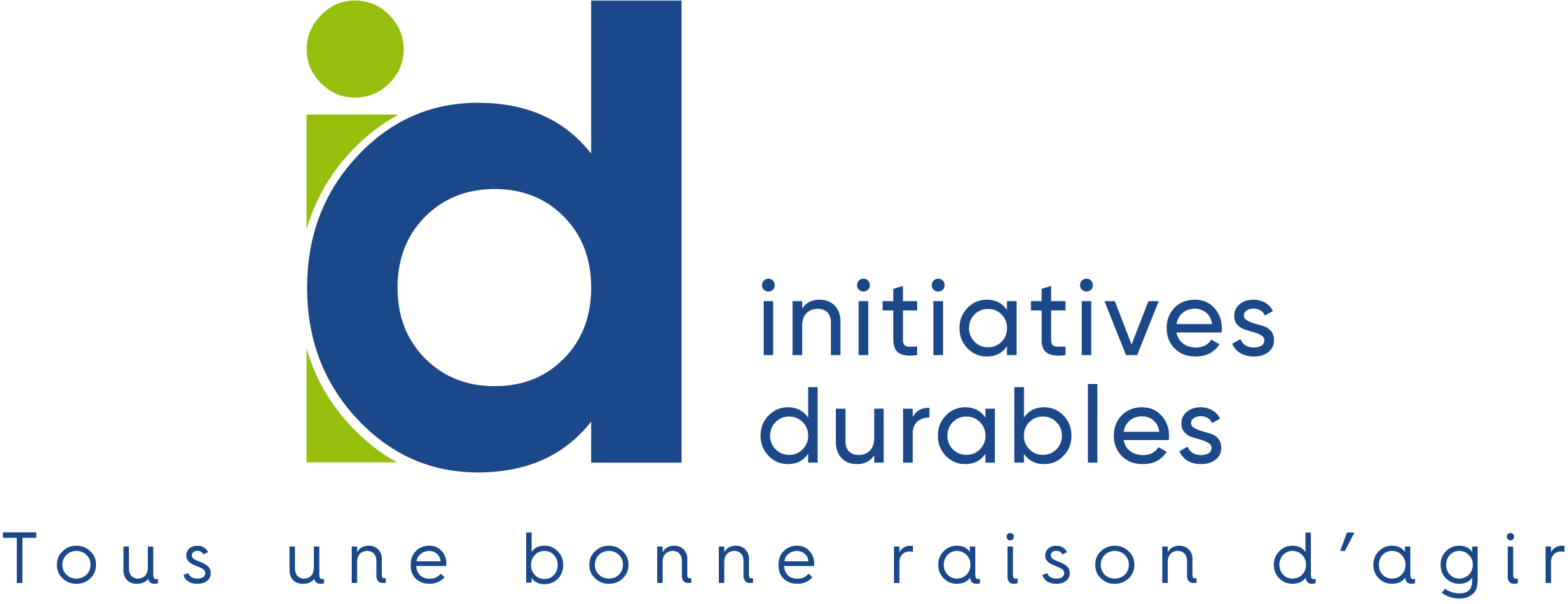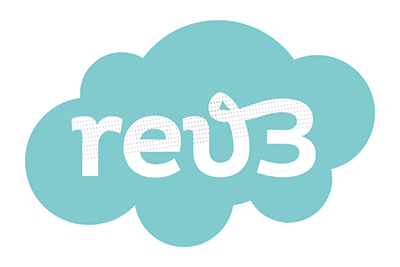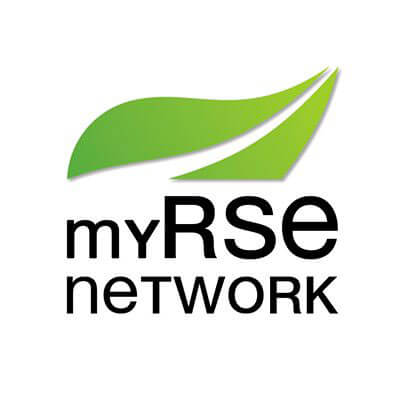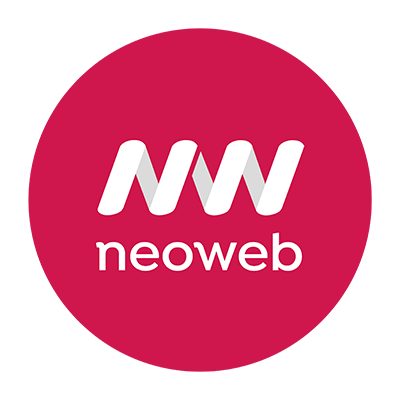McCain is a Canadian company founded in 1957, and well established in Europe since the 1960s. Its European headquarters are located in Villeneuve d’Ascq. Every year, McCain processes over 5 million metric tons of potatoes into French fries and related products in its 7 European factories, 4 of which are in northern France. The company's CSR policy is implemented through its 5 “Be Good Do Good” pillars: Good Agriculture, Good Production, Good Food, Good Company and Good Partner.
COM_NEOBESTPRACTICES_ITEM_INNOVATION_REV3
MCCAIN encourages its employees' development
3. Labor relations / working conditions
Human capital development


Transmitter
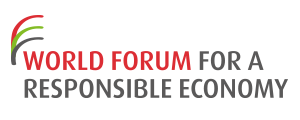

Context
Objectives
- Foster good working conditions favorable to employee development and tend to their well-being and satisfaction working with McCain.
- Reduce staff turnover and absenteeism.
- Maintain the company's leadership on the potato product market.
APPROACH
Recruitment: An egalitarian policy
- Partnership with Job Centers and use of a simulation-based recruitment strategy. No diploma is required and the candidates are put in a real-life situation.
- GPEC [Strategic Workforce Planning] agreement:
- Willingness to accompany employees through professional reconversion
- Identifies critical and strategic jobs
- Takes various steps (training, reclassification) to enable this accompaniment.
- Yearly review according to investments and jobs that are at risk or threatened.
- The recruitment process is based on the professional equality between men and women.
The percentage of women employed at McCain Continental Europe is 20%, and women make up 45% of the sales force.
Training: The McCain Learning Center
- Offers the possibility for employees to build their own career path and to fine-tune their prospects:
- A great number of learning opportunities,
- Resources to help them make progress on personal, professional and intellectual levels.
CONTRIBUTION TO COMPANY PERFORMANCE
- Absenteeism dropped from 5.72% in 2012 to 4.36% in 2014.
- Yearly employee/manager interview to discuss performance and mobility and career development wishes.
- Consideration for professional risks: risk management was is the dominant training theme, constituting 52% in 2014.
- Fostering a team spirit, 200 participants per year in the soccer tournament
Benefits
- In 2013, 95.49% of employees had a career development and evaluation interview and 12.9% of employees enjoyed a promotion, versus 7% in 2012.
- 91% of employees received training.
- On average: 31 hours of training for management staff, 34 hours for employees, and 20 hours for workers.
- Management Committee made up of 3 women out of 9 members.
- Workforce
- 1100 salariés (2015)
- Turnover
- 374 millions d’euros (2014)
- Country
- France
Contact
François Tasmowski, Directeur et RSE, françThis email address is being protected from spambots. You need JavaScript enabled to view it. 03 59 36 05 13
